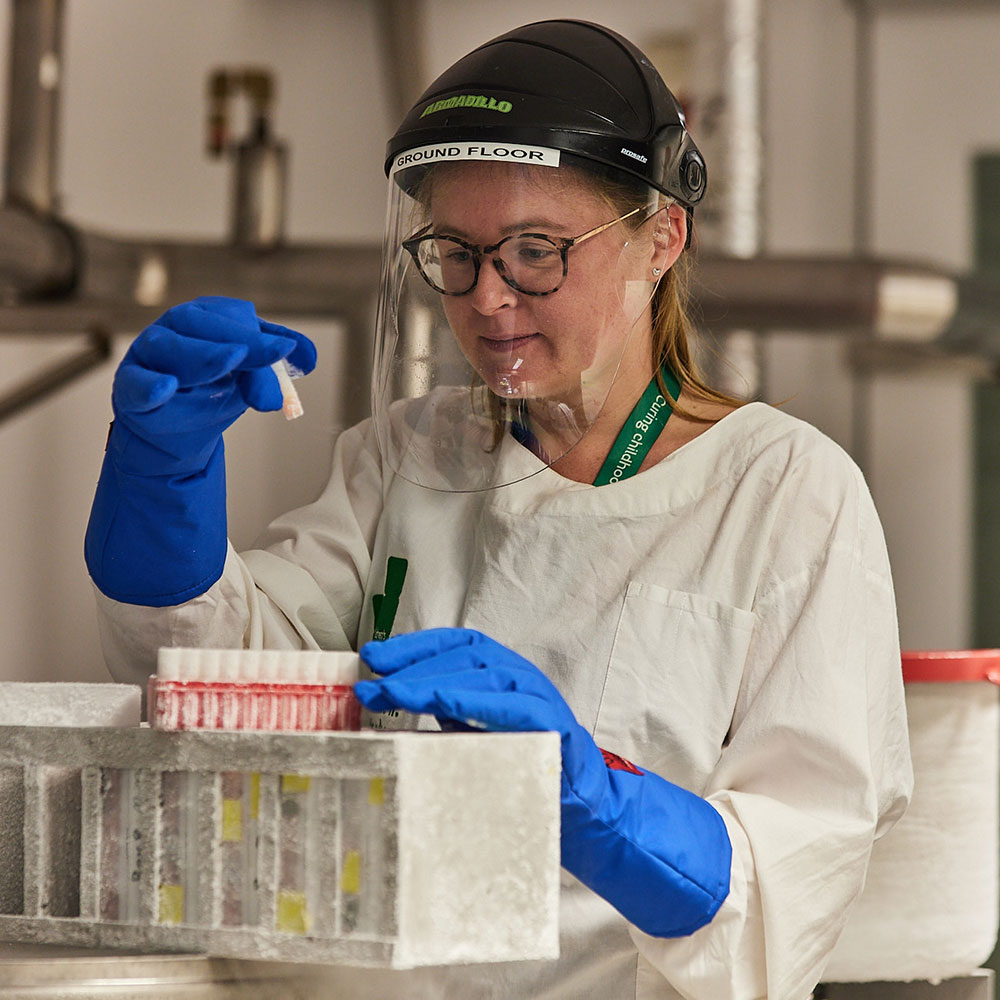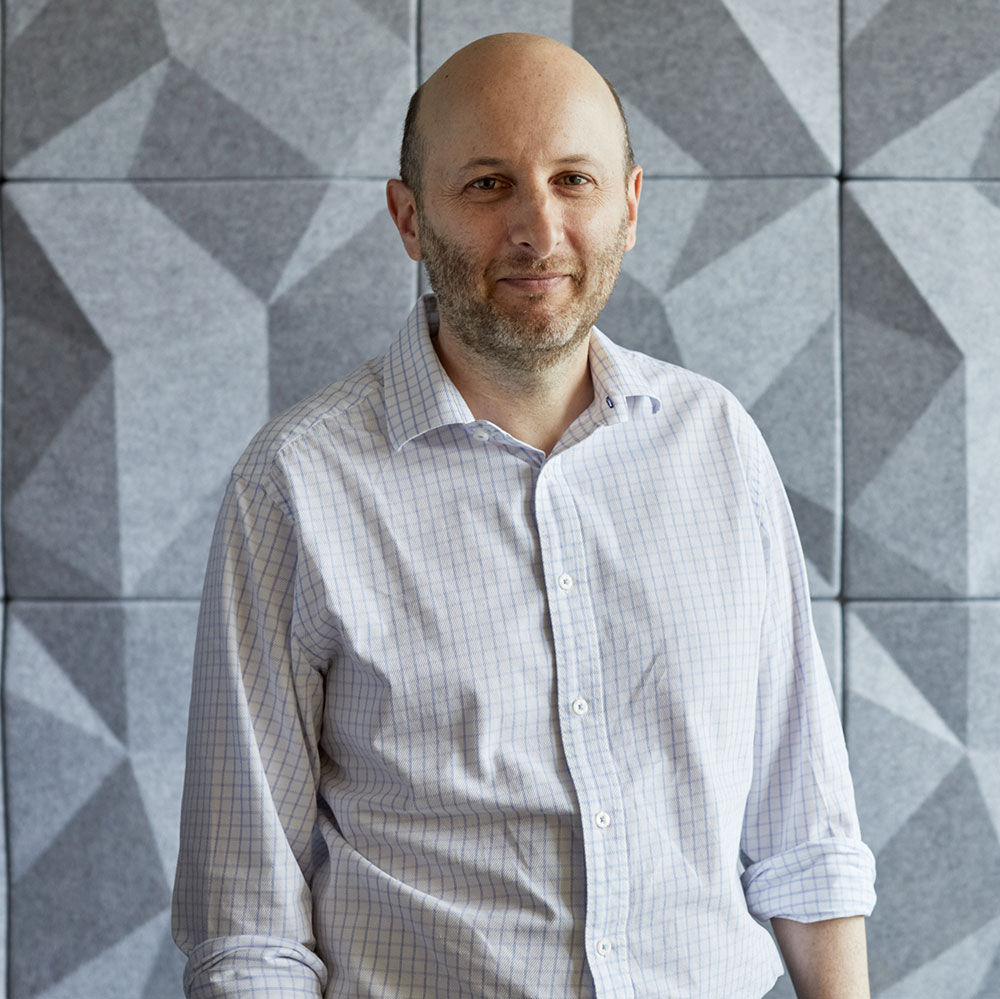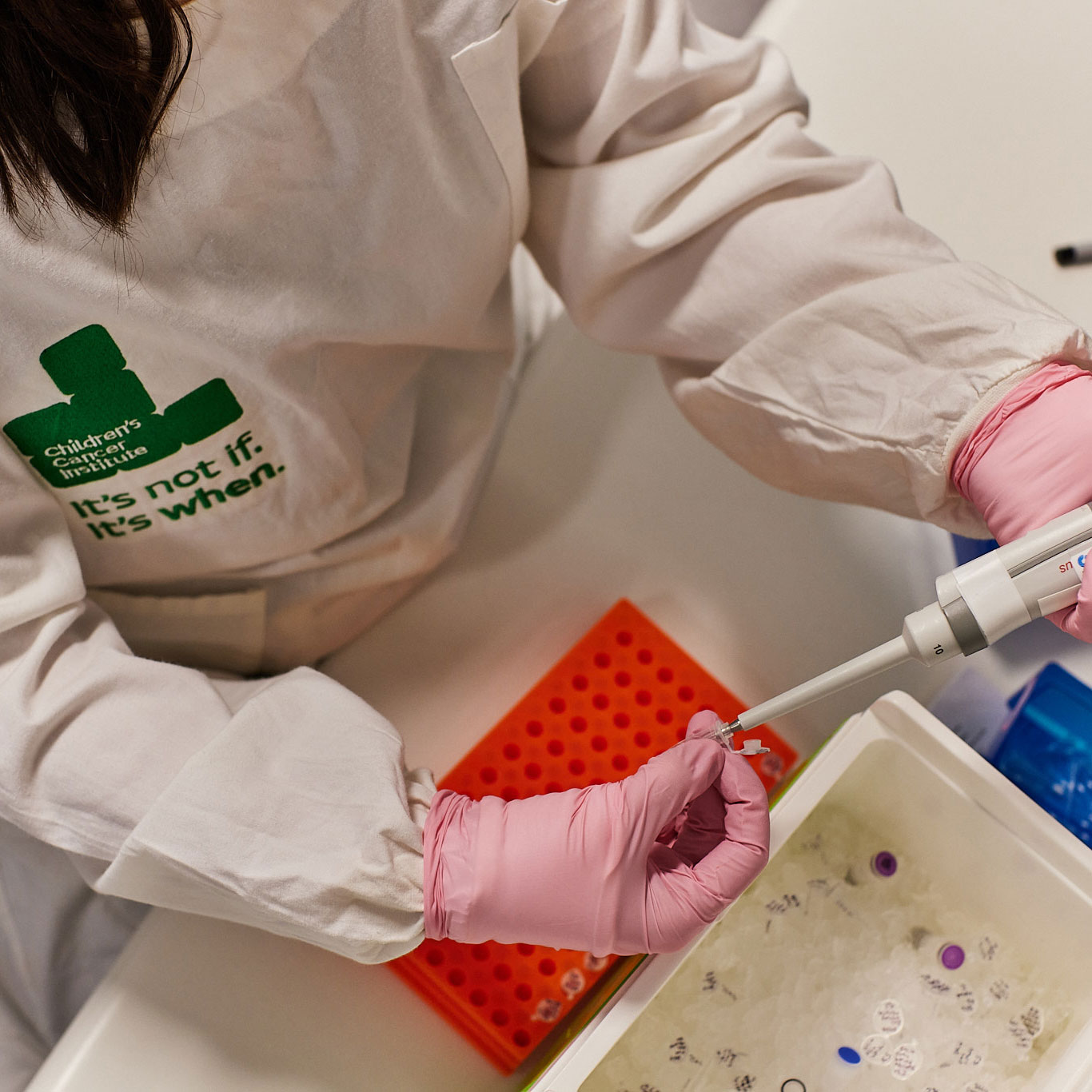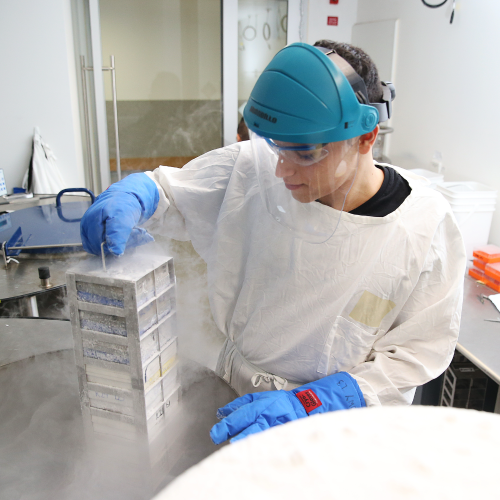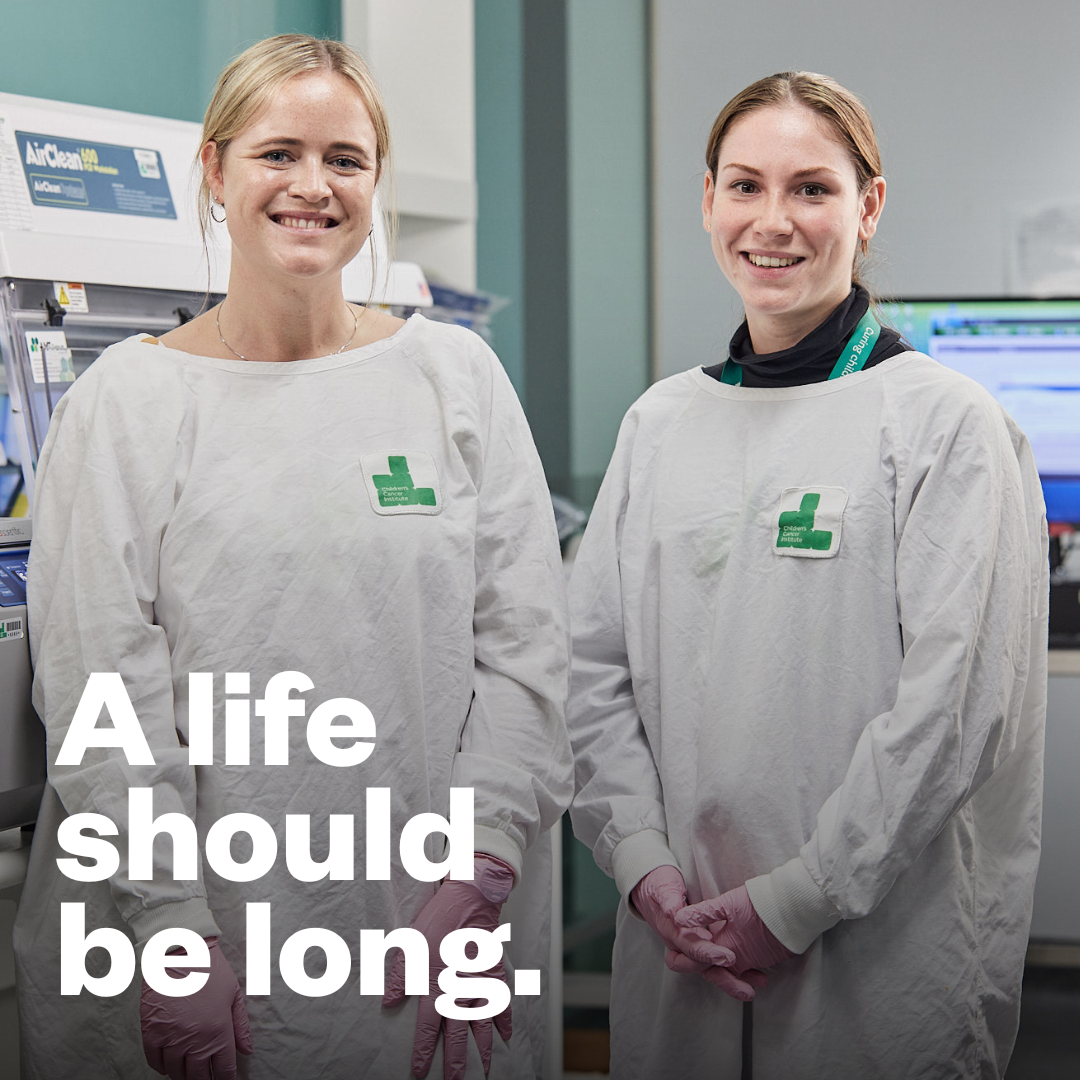The Australian Lead Identification Consortium (ALIDC) today announced the completion of the purpose-built Australian Drug Discovery Library (ADDL), which sees the relocation of more than 329,000 compounds to its new home at Compounds Australia. Based at Griffith University in Queensland, the carefully curated library is an invaluable resource for Australian drug discovery researchers in the quest for new medicines to improve human health.
This follows a five-year extension of the Consortium, a national partnership that brings together leading drug discovery organisations from around Australia - Children’s Cancer Institute Australia, WEHI, UniQuest Pty Limited through Queensland Emory Drug Discovery Initiative (QEDDI), Cancer Therapeutics and Griffith University.
According to Professor Michelle Haber AM, Executive Director at Children’s Cancer Institute Australia, the Lead Institute for the Consortium, the library will be a valuable starting point for new drugs to be discovered and developed in Australia.
“The Australian Drug Discovery Library has been curated by the Consortium’s experts in drug discovery and medicinal chemistry to specifically provide a competitive advantage to Australian researchers,” Professor Haber said.
The library was purchased with assistance from the Australian Government through its MTPConnect program, while a $300,000 grant to Compounds Australia by Therapeutic Innovation Australia (TIA) will contribute to library maintenance and promote expanded access to the library by scientists throughout Australia.
“TIA is delighted to support access to the Australian Drug Discovery Library by more Australian researchers,” said Dr Stuart Newman, CEO of Therapeutic Innovation Australia.
“This carefully selected and well-curated set of compounds gives Australian researchers the means to kickstart development of a therapeutic product based on their discoveries,” he said.
The ADDL has already provided significant support to Australian research, including the identification of drug-like compounds that might work against COVID-19, lead-like chemical matter to support preclinical packages for commercial licensing, and the discovery of starting points for new drugs aimed at treating childhood cancer through the THerapeutic INnovations for Kids (THINK) initiative, pioneered by Children’s Cancer Institute Australia.
Using the ADDL, researchers at WEHI have identified drug-like compounds that could block two key coronavirus proteins, called Mpro and PLpro. These proteins, found in all coronaviruses, are essential for the virus to enter and multiply within human cells.
“Using the ADDL, we discovered new compounds that inactivated PLpro in the test tube, and we are currently testing whether they stop the growth of SARS-CoV-2 virus in cells,” said WEHI Professor David Komander.
Fellow WEHI colleague Associate Professor Peter Czabotar said the ADDL was a brilliant resource that brought researchers closer to new potential COVID-19 therapies.
“Mpro is an essential enzyme of the SARS-CoV-2 virus, so any compounds inhibiting its activity are potential leads for new therapies. By screening the ADDL library against our Mpro assays we hope to identify new hits that can be progressed towards the clinic,” he said.
“Importantly, drugs that are able to inactivate PLpro or Mpro may be useful not only for COVID-19 but may also work against other coronavirus diseases, as they emerge in the future.”
At Cancer Therapeutics CRC, researchers were able to screen the ADDL to identify lead-like chemical matter for the development of ENPP1 inhibitors. This work contributed to a package that was subsequently licensed to Aculeus Therapeutics.
“Inhibiting ENPP1 is proposed to prompt and enable the body’s immune system to fight a range of cancers. The ADDL is a high-quality and diverse library that can provide tractable start points for medicinal chemistry optimisation for drug discovery projects,” said Dr. Brendon Monahan, CSO of Cancer Therapeutics.
Contact
Associate Professor Greg Arndt
Head of Drug Discovery, THerapeutic INnovations for Kids (THINK), Children’s Cancer Institute;
Head, ACRF Drug Discovery Centre; School of Women’s and Children’s Health, UNSW Medicine;
email: garndt@ccia.org.au;
ALIDC website: https://www.alidc.com.au/
About Children’s Cancer Institute
Originally founded by two fathers of children with cancer in 1976, Children’s Cancer Institute is the only independent medical research institute in Australia wholly dedicated to research into the causes, prevention, and cure of childhood cancer. Forty years on, the vision remains to save the lives of all children with cancer and improve their long-term health, through research. The Institute has grown to employ over 300 researchers, operational staff and students, and has established a national and international reputation for scientific excellence. The Institute focuses on translational research, with an integrated team of laboratory researchers and clinician scientists who work together in partnership to discover new treatments which can be progressed from the lab bench to the beds of children on wards in our hospitals as quickly as possible. These new treatments are specifically targeting childhood cancers, to develop safer and more effective drugs and drug combinations that will minimise side-effects and ultimately give children with cancer the best chance of a cure with the highest possible quality of life. As part of this effort to develop new treatments for children with cancer, Children’s Cancer Institute have formed the THerapeutic INnovations for Kids (THINK) initiative which is a target-to-patient drug discovery capability focused on the development of novel therapeutics for childhood cancer. More at www.ccia.org.au.
About UniQuest
UniQuest is the commercialisation company of The University of Queensland (UQ). Established in 1984, UniQuest has facilitated more than 100 start-up companies who have gone on to raise more than $794 million to take UQ technologies to market. Products containing UQ IP licensed by UniQuest have generated gross product sales of more than $40 billion, contributing significantly to global impact. In 2015, UniQuest formed the Queensland Emory Drug Discovery Initiative (QEDDI), a small molecule drug discovery and development capability translating academic biomedical research into new medicines to deliver faster health benefits. Using an industry-experienced team, QEDDI will translate target biology into drug candidates using medicinal chemistry with the ultimate aim of a commercial partnership. By translating academic research to novel drug candidates, it is expected to increase the probability of the translation of the research creating new treatments and therapeutics for unmet diseases for Australians.
About WEHI (Walter and Eliza Hall Institute of Medical Research)
WEHI is where the world’s brightest minds collaborate and innovate to make life-changing scientific discoveries that help people live healthier for longer. Our medical researchers have been serving the community for more than 100 years, making transformative discoveries in cancers, infectious and immune diseases, developmental disorders, and healthy ageing. WEHI brings together diverse and creative people with different experience and expertise to solve some of the world’s most complex health problems. With partners across science, health, government, industry, and philanthropy, we are committed to long-term discovery, collaboration, and translation. At WEHI, we are brighter together. Find out more at www.wehi.edu.au.
About Cancer Therapeutics
Cancer Therapeutics is a small molecule drug discovery organisation focused on developing new cancer treatments by translating and commercialising leading Australian biomedical research. It continues in the footsteps of Cancer Therapeutics CRC and leverages the capabilities and expertise of pre-eminent Australian Medical Research Institutes and Universities, including Peter MacCallum Cancer Centre, Monash University, Children’s Cancer Institute, WEHI, Griffith University, and CSIRO. Cancer Therapeutics CRC discoveries have delivered >$40M in license revenue with potential total value >$700M and, through our license partners, currently have two assets in clinical trials.
About Griffith University
Griffith University is internationally recognised for its biomedical research capability across three leading institutes – the Griffith Institute for Drug Discovery (GRIDD), Institute for Glycomics and Menzies Health Institute Queensland. Major research themes include infectious diseases, cancer, neurological disorders, and spinal cord injury, with a focus on the use of cross-disciplinary approaches to develop novel therapies, vaccines and disease diagnostics. Research is underpinned by world leading expertise in medicinal chemistry, high throughput and high content screening, structure determination, target identification and pre-clinical and clinical capability. Griffith University hosts major national drug discovery facilities and resources, including Compounds Australia and the ARCF Centre for Compound Management and Logistics, Discovery Biology, NatureBank and Mass Spectrometry Screening Facility at GRIDD. The Griffith Clinical Trials Unit adjacent to the Gold Coast University Hospital and part of the Gold Coast Health and Knowledge Precinct, provides state-of-the-art facilities and professional coordination services for phase I-IV clinical trials.


